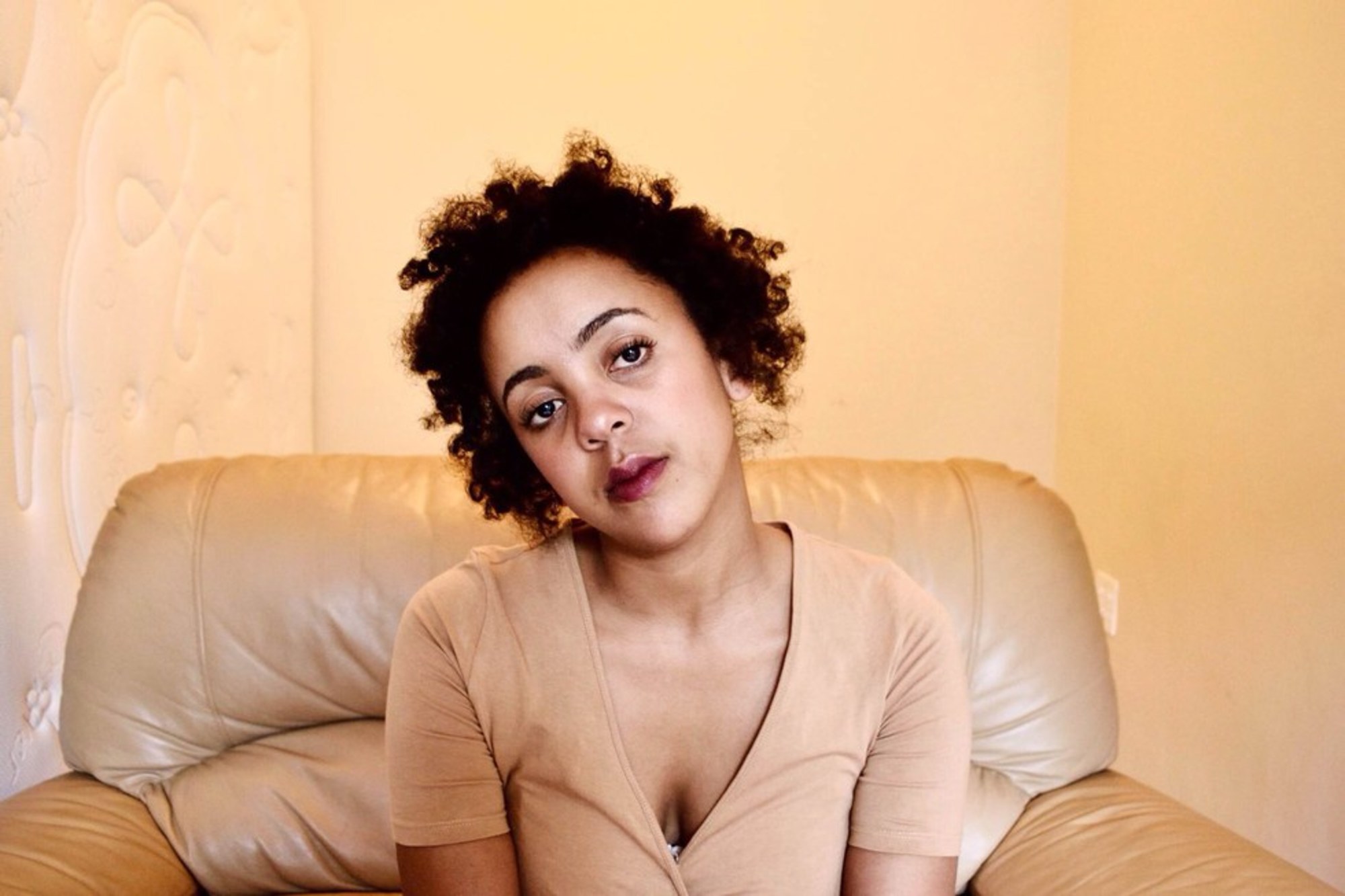Cogito, ergo sum. A Latin philosophical proposition put forward by Decartes in the 1600s, roughly translating to mean “I think therefore I am”. The work of Buhle Ngaba unintentionally speaks to this proposition, and combines it with her passion for literature and storytelling. This transforms into a statement – I write therefore I am. I speak therefore I am. As an author and actress, words as text or as animated sound are her chosen medium to share her story and impact the narrative of past and current herstory.
Encouraging people, particularly young women and girls of colour to tell their own stories is one of the motivations for her work. In light of this Buhle wrote the children’s book The Girl Without A Sound. Bringing diversity to the children’s book landscape, this book was born as a response to reflecting on the fairytales young girls are told. Stories with protagonists being blue-eyed princesses with long golden locks, and narratives emphasizing physical beauty. Writing and publishing her book was a way of undoing this framework for fairytales, and putting together words and images that heal, empower and entertain. The story is of a voiceless girl of colour in search of a sound that she can claim as her own. This channels the energy that permeates her practice as a whole – giving power to devices to draw strength from for women of colour in a world that rejects, shames and pushes them down.
Parallel to her work as a writer and a performer, Buhle is the director of KaMatla, an NPO created to assist and offer guidance in the development of arts in underprivileged communities, and to foster habits of personal and communal storytelling among young people.
Over the years she has received well deserved recognition for her creative endeavours, including being awarded the Gauteng Youth Premiers award for excellence. She also received two Kanna Theatre Awards for her first play ‘The Swan Song’ which was created during her time at The Royal Shakespeare Company.
To find some encouragement this women’s month and to keep up with Buhle’s work, follow her on Instagram.




